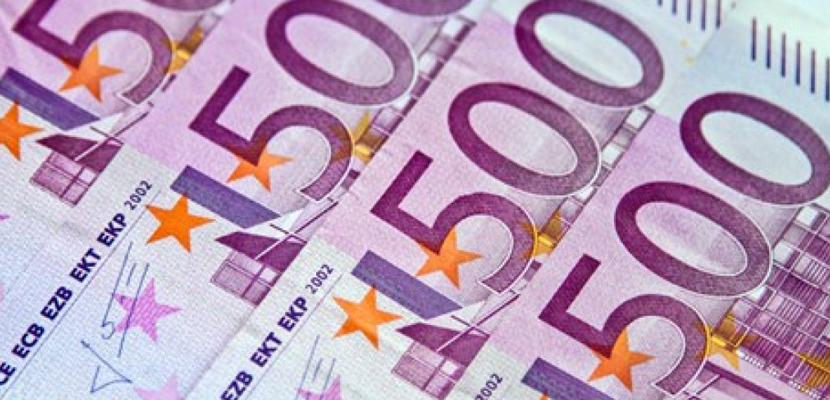The banks are obliged to implement a detailed documentation of both the data and the transactions of their clients when they exchange banknotes of 500 euros, also crosschecking their previous transactions. The bank of Greece, through the recording of all the transactions of high-value banknotes, aims to a prudential supervision on money-laundering.
Following the statements of the central banker, Mario Dragi, that the Central European Bank intends to gradually withdraw the high-value banknotes from the market, there was such a high turnout of clients at the bank counters. That relevant intention, which is the decrease of transactions with cash and the increase of computerized payments, was also countersigned by the Eurogroup head, Jeroen Dijsselbloem.
Supply
Because of this purpose, a lot of clients in our country hastened to exchange high-value banknotes to smaller ones such as 50 or 20 euros, avoiding nevertheless to deposit their banknotes into a bank account. The imposition of a commission, 1 per thousand, (with a lower limit of 3 euros and a higher of 250 euros, depending on the bank), on the amount which was exchanged didn’t discourage their owners, despite the urging of the banks to deposit their banknotes into the account they already held at the bank, also avoiding to pay commission. Banks defended the policy of commission basis, as they say, the exchange of the notes made them to perform money transfers with 20 or 50 euro banknotes, which greatly exceeded the usual needs of the branches, especially in a period of capital controls. As bank officials explain, it’s confirmed that behind the official poverty indicators of our country, there is unregistered money, which is calculated to be 20 billion euros. Greece also ranked among the countries with the highest physical money circulation, reaching 25% of GDP, whereas the corresponding European average is in singke digits,
Money Laundering
The bank of Greece, through the circular which was sent into banks, urges them to a full computerized recording of each exchange of banknotes. That means that even if a customer does not deposit the cash into the account, the bank will have access to information either through the existing account that he retains, or either through the information requested from him in order to make the exchange. As mentioned in the circular, banks are obliged to control and crosscheck all the exchanges of each customer.

